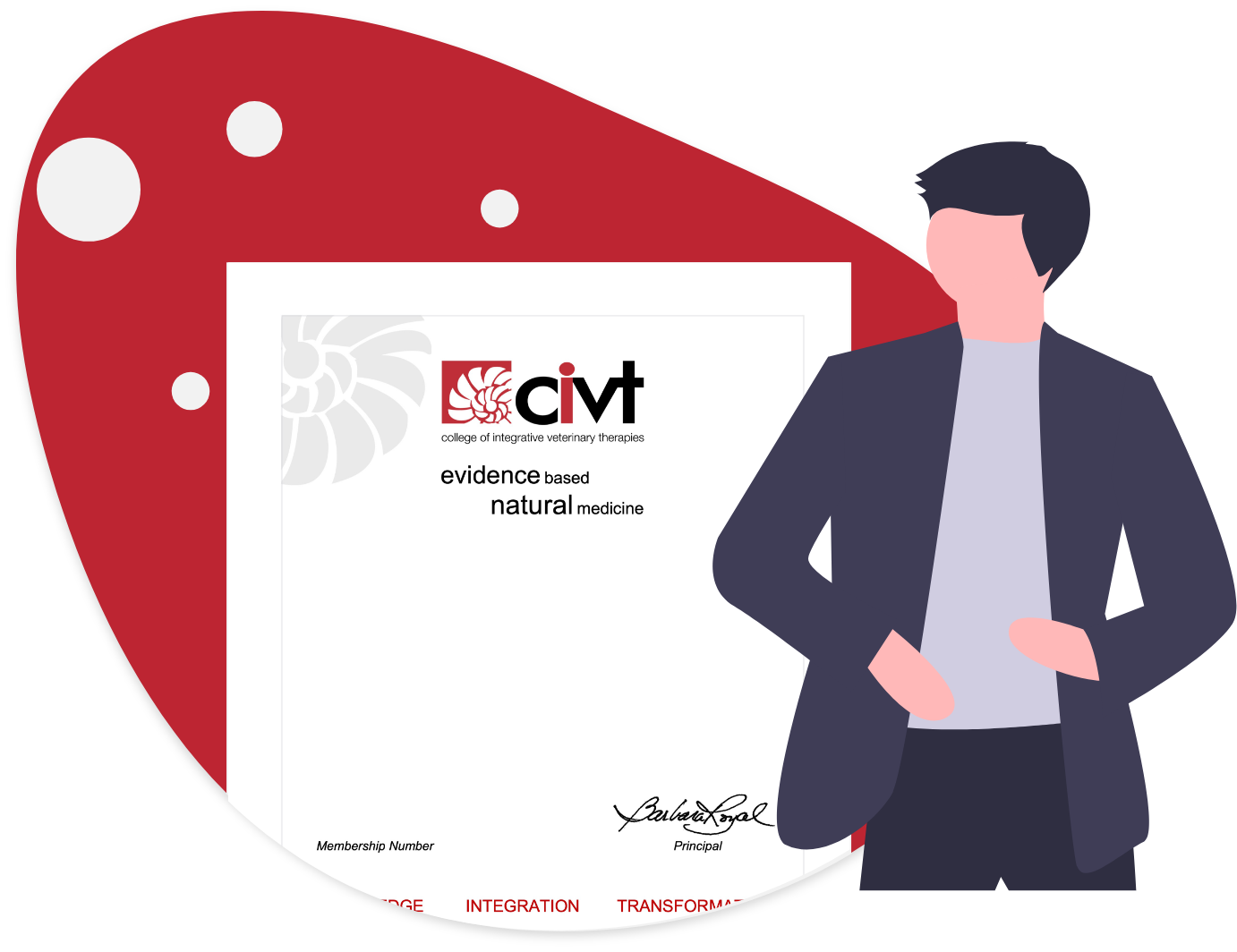Module One: Introduction to the Fungal Kingdom and its Mushrooms
This module covers:
- An introduction to the Fungal Kingdom
- The history of mushroom use by humans
- Fungal taxonomy
- The structure of mushrooms
- The nutritional value of mushrooms
- The fungal lifecycle
- Mushroom cultivation techniques
- Introduces the mushroom polypharmacy
Module Two: Beta Glucans and Chitin: Masters of the Microbiome
This module covers the first two elements of the mushroom polypharmacy derived from the fibrous fungal cell wall:
- Beta glucan chemistry and structure
- Beta glucan sources
- Beta glucan mechanisms of action
- Clinical applications for beta glucans in veterinary medicine
- Chitin chemistry and structure
- Chitin sources
- Biological applications for chitin
Module Three: The Mushroom Polypharmacy
This module covers the following mushroom biologically-active compounds
- Terpenes: diterpenes/triterpenes
- Ergothioneine
- Ergosterol
- Glutathione
- Lipids
- Nucleosides
- Cordycepin
- Polysaccharides
- Polyphenolics
Module Four: Practicum
This module covers practical aspects of mushroom use in veterinary patients. Topics we cover include:
- Animal product formats for mushroom extracts
- Dosing strategies
- Extraction methodologies
- Extract ratios
- Clinical Applications
Module Five: Materia Medica (A-P)
This module begins discussing the details of individual mushroom species that are commonly used for medicinal applications. In this module we cover these mushroom and fungal species:
- Agaricus species
- Cordyceps species
- Chaga
- Lion’s Mane
- Maitake
- Poria
Module Six: Materia Medica (P-T)
This module begins discussing the details of individual mushroom species that are commonly used for medicinal applications. In this module we cover these mushroom species:
- Psilocybe species
- Pleurotus species
- Reishi
- Shiitake
- Tremella fuciformis
- Turkey Tail
 Canada
Canada
















 New Zealand
New Zealand











